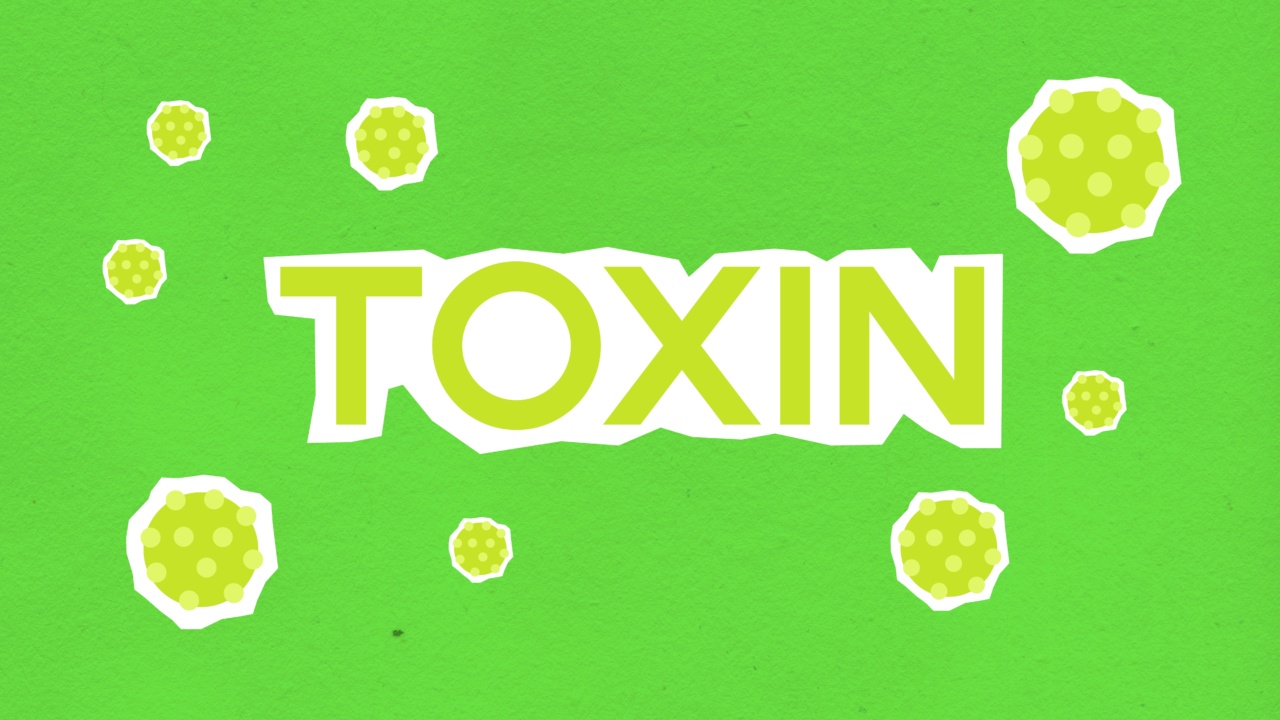Any kind of addiction, including alcoholism, puts a person at risk of developing various health issues. One of the hazards associated with high alcohol consumption is breast cancer.
Although treatment is available, the risk of the disease can be minimized by reducing or avoiding alcohol consumption.
What is Breast Cancer?
Breast cancer refers to the uncontrolled growth of abnormal cells that originated in the breast cells. These dangerous cells invade healthy breast tissue and can spread to other parts of the body, including lymph nodes.
Alcohol Consumption and Breast Cancer Risk
Consuming alcohol in large amounts is associated with an increased risk of breast cancer.
According to several studies, women who consume three or more drinks per week have a 15% higher risk of developing breast cancer, compared to those who don’t drink at all.
How Does Alcohol Contribute to Breast Cancer Risk?
Alcohol is broken down in the liver and produces a toxic chemical substance named acetaldehyde. The liver also breaks down and eliminates estrogens, a hormone found in high levels in women.
However, when alcohol is consumed, the liver prioritizes breaking down alcohol over breaking down estrogen, resulting in increases of circulating estrogen levels. High levels of estrogen are associated with an increased risk of breast cancer.
Alcohol Promotes Cancerous Cell Growth
Alcohol doesn’t cause cancer by itself, but it may contribute to cancer cell growth. Chronic alcohol abuse impairs the immune system, reducing the ability to detect and fight cancer cells.
Thus, alcohol creates an environment that encourages the reproduction and growth of cancerous cells.
The Impact of Alcohol on Hormone Regulation
Alcohol affects hormone levels, which is why it can lead to breast cancer. The ability of alcohol to change and make estrogenic hormones may lead to an increased risk of developing estrogen receptor (ER)-positive breast cancer.
Furthermore, estrogen has a role to play in the development and growth of some breast cancers. High levels of estrogen can increase the risk of developing breast cancer, particularly in postmenopausal women.
Alcohol Consumption and Age at First Drink
Studies have shown that the risk of breast cancer is higher in women who started drinking alcohol at an early age.
Women who consumed alcohol before the age of 15 had a 40% higher risk of developing breast cancer after menopause than those who did not drink alcohol before the age of 15. The reason for this is that alcohol consumption during adolescence may interfere with breast development, making the breast tissue more vulnerable to cancer development.
Reducing the Risk of Breast Cancer from Alcohol Consumption
Reducing or eliminating alcohol intake is a practical step to reduce the risk of developing breast cancer.
Women who already have a higher risk of breast cancer due to genetics, family history, or other risk factors should avoid alcohol consumption altogether. However, moderate drinking is safe for women not at high risk of breast cancer, in which it is recommended that you limit alcohol consumption to one drink per day.
Final Thoughts
Alcohol not only has a detrimental effect on liver health, but it can contribute to breast cancer growth as well. However, breast cancer is a highly treatable disease when detected in its early stages.
Therefore, it is essential to take steps to reduce the risk of developing breast cancer. This includes limiting alcohol consumption, maintaining a healthy weight and adopting a balanced diet, and undergoing routine breast cancer screenings.




























